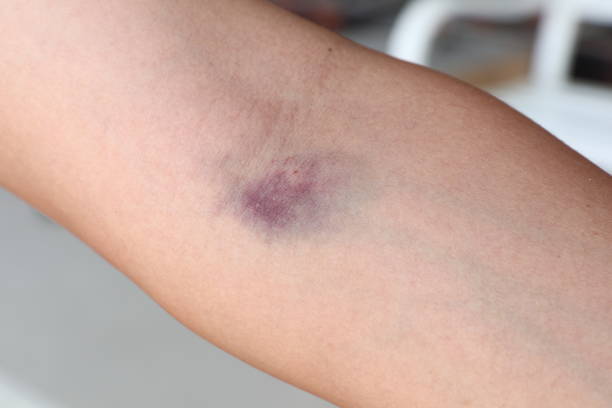What to Expect During a Glucose Tolerance Test (GTT)
Are you scheduled for a Glucose Tolerance Test (GTT) and wondering what to expect? Here’s a comprehensive guide to help you understand the procedure and ease any apprehensions you may have. A glucose tolerance test (GTT) is a diagnostic tool used to assess how your body processes glucose. It helps identify conditions such as gestational…







